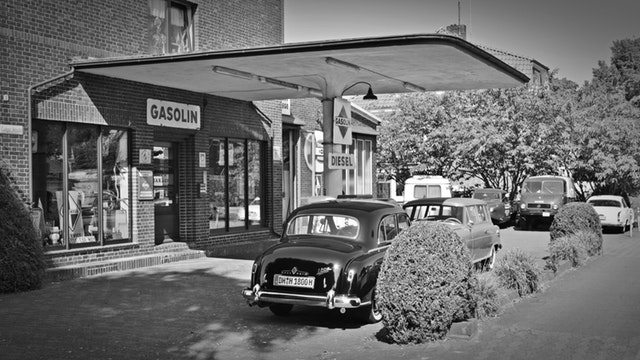
Many governments in Europe are taking the lead on setting firm deadlines for a ban on the sale of gasoline and diesel cars. Inspired by concerns around the environmental impact of engines as well as a reaction against the Volkswagen diesel emission tests scandal, European governments are also heavily incentivising car manufacturers in favour of electric vehicles. So how realistic is a total ban? Will we all be driving electric vehicles by, say, 2040? The truth is it’s a complicated situation as we discover in this article.
Calls for a ban
There’s no doubt that gasoline and diesel cars contribute to pollution and global warming. And these effects are more pronounced in urban centres with large populations. It’s no surprise, therefore, that the calls for a ban on gas and diesel cars are loudest in these urban centres, which often have low rates of car ownership because of excellent public transport. Many European green political parties in particular have taken up the mantle of campaigning for cleaner air and it’s certainly a vote winner.
But how realistic is a total ban?
There are a number of hurdles to jump before a total ban is a real possibility. Perhaps the biggest hurdle is the number of jobs associated with the global gas and diesel manufacturing industry. It’s estimated that there are some 7.25 million jobs in the industry in the US alone. It would take a strong political will to introduce a total ban in the face of such numbers. In addition, thought needs to be given to the resale value for owners of internal combustion cars as the deadline approaches. And what would happen to gas stations and their owners? These are all big questions that the politicians will need to get to grips with before any ban is introduced.
There are also concerns as to whether electric cars are really up to the job. At the moment there simply aren’t enough fast-charging stations around which means that the range of electric cars is somewhat limited. Many more recharging stations will need to be set up globally, but this is potentially a very high cost. The technology is, of course, always changing but it’s not always possible to predict in what ways.
Investment in alternatives
As well as introducing firm deadlines, European governments along with China have been incentivising the industry to research emissions-free driving and electric vehicles and it’s in this area that we’re likely to see the biggest impacts in the short term at least. Volvo, for example, has already confirmed that all its models will have an electric motor from 2019 and Daimler has announced an investment of over €9 billion in electric and autonomous technologies.
It remains to be seen whether the world’s politicians can overcome the hurdles and introduce a total ban on gasoline and diesel cars. But whatever happens, at the very least, we’ll be driving cleaner cars and that should be welcomed.

Kelvin Armstrong Auto Repairs (KAAR) is recognised as the most competent, capable, and reliable automotive repairer west of the Auckland City isthmus.
With fully equipped, state of art facilities in both Avondale and Henderson, KAAR gives a choice of two handy locations for full automotive, mechanical, electrical repairs and servicing for all vehicles, including European makes and models like Audi, VW and BMW.
We cater for all makes and models of cars, vans, 4x4s and light trucks. We service petrol, diesel and hybrid motors.
